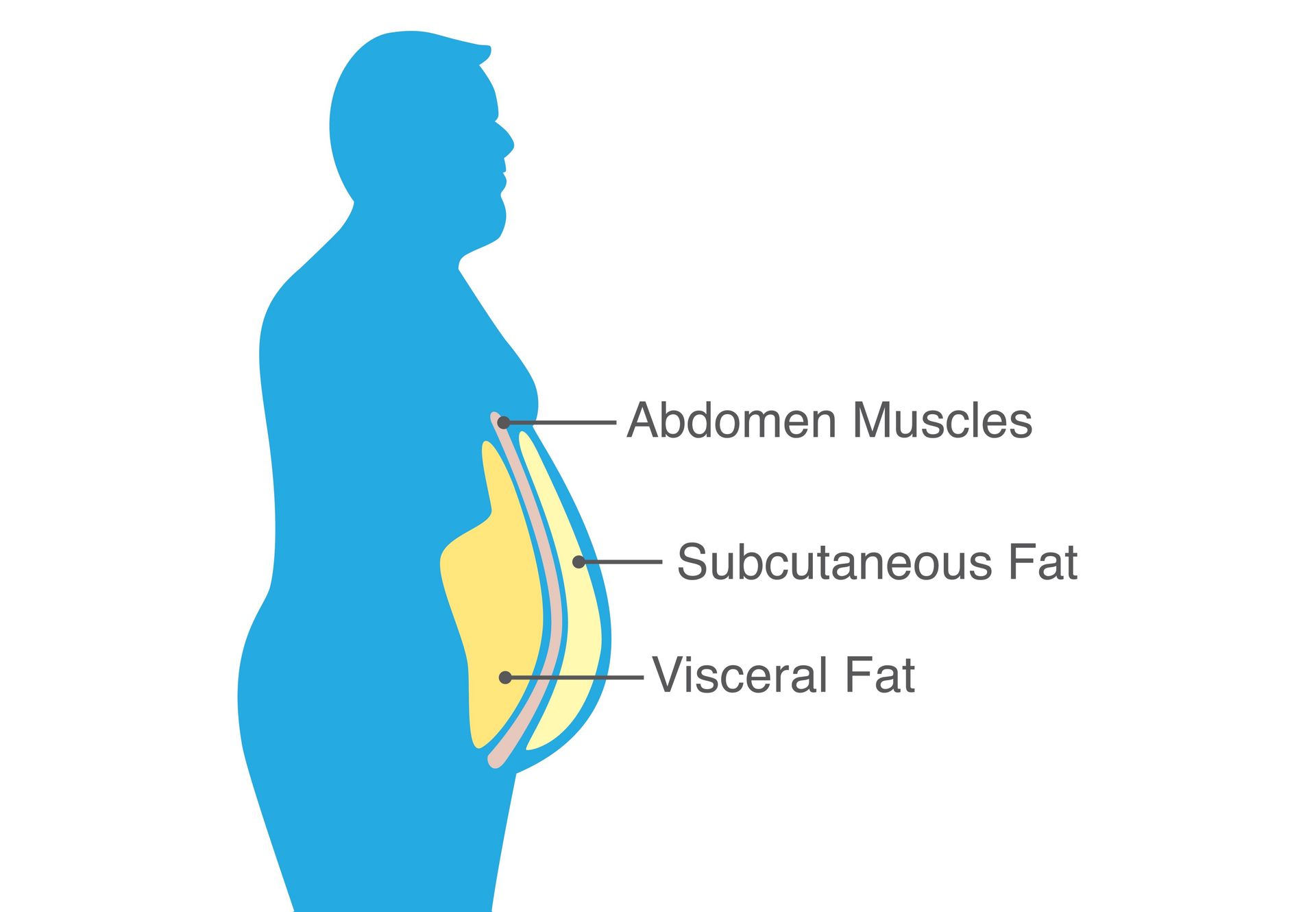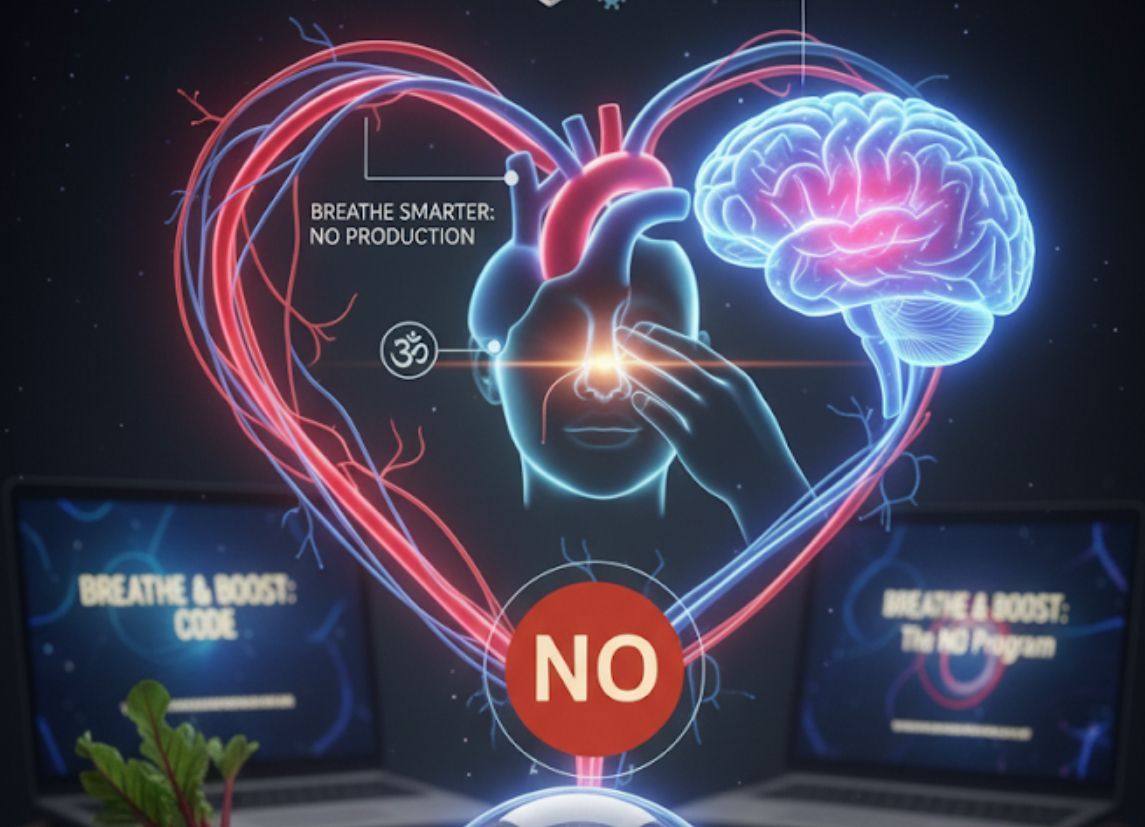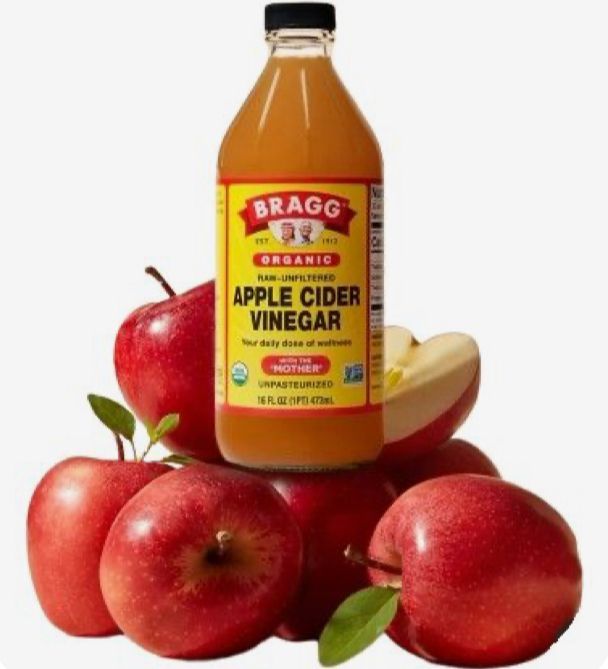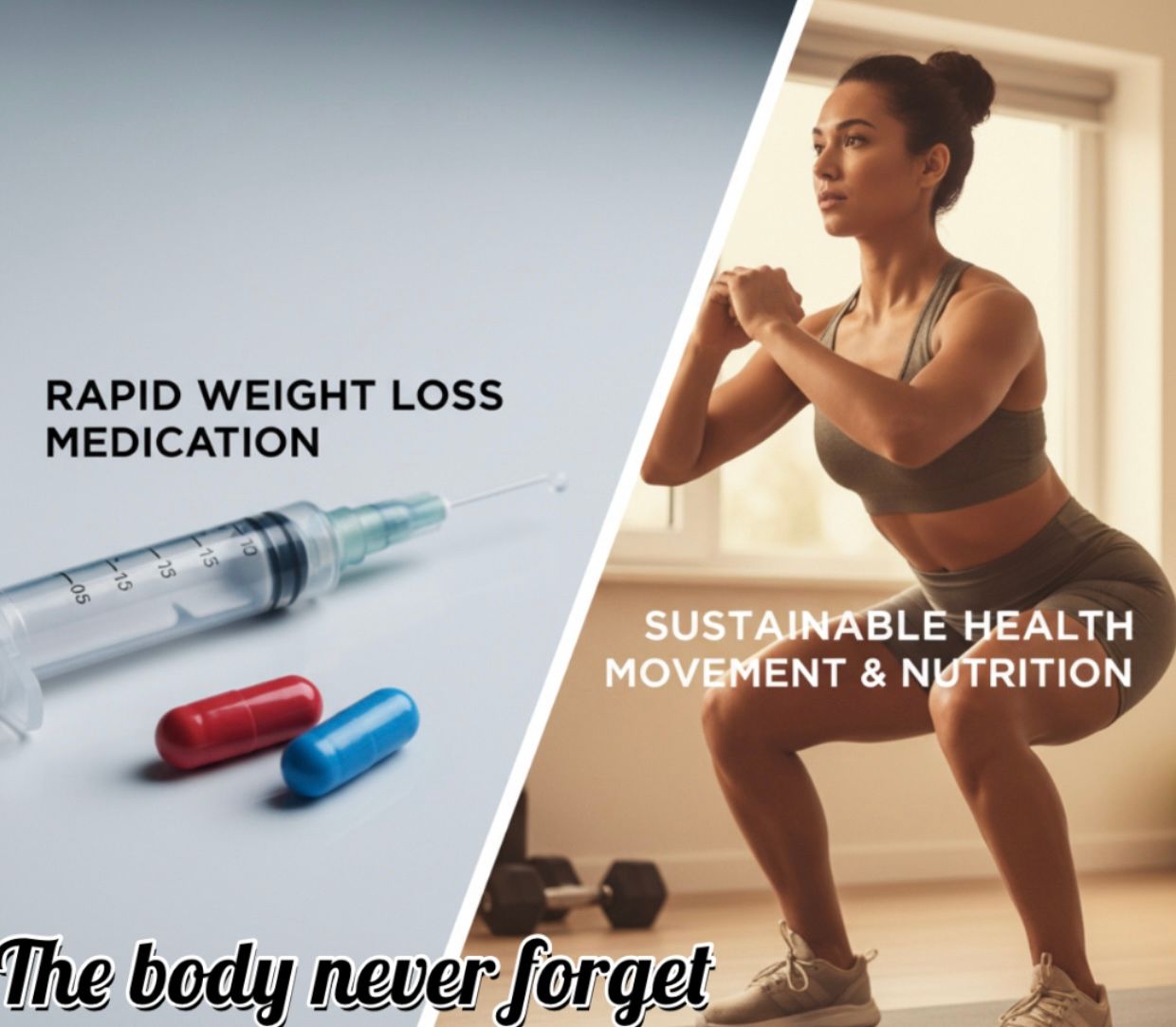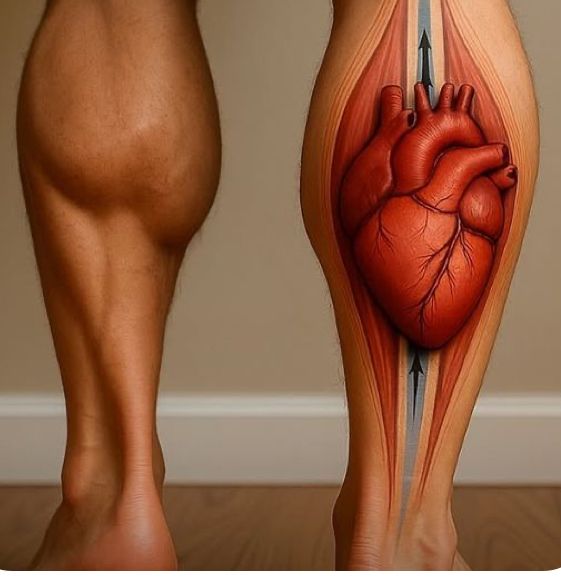Cholesterol and Vitamin D: Unsung Heroes of Our Health

When we hear about cholesterol, the immediate association often is negative, linked with heart disease and poor health. However, cholesterol plays several crucial roles in our bodies, particularly in the production of essential hormones and vitamin D, making it indispensable to our well-being.
Cholesterol: The Body’s Vital Substance
Cholesterol is a lipid molecule found in every cell of our body. It is often misunderstood due to its association with cardiovascular diseases. However, it is essential for numerous bodily functions:
1. Hormone Production: Cholesterol is a precursor for the synthesis of steroid hormones, including testosterone, estrogen, and cortisol. These hormones regulate a wide range of bodily processes:
- Testosterone: This hormone is crucial for muscle mass, strength, and reproductive health in both men and women.
- Estrogen: Essential for reproductive health and bone density in women.
- Cortisol: Helps in stress response and metabolism regulation.
2. Cell Membrane Integrity: Cholesterol is a key component of cell membranes, providing structural integrity and fluidity, which is vital for cell function and communication.
3. Bile Acid Production: Cholesterol is necessary for the synthesis of bile acids, which are critical for the digestion and absorption of fats and fat-soluble vitamins (A, D, E, K).
4. Vitamin D Synthesis: One of the most important roles of cholesterol is in the production of Vitamin D.
Vitamin D: The Sunshine Vitamin
Vitamin D, often referred to as the "sunshine vitamin," is synthesized in our skin through a chemical reaction that requires sunlight. Here’s how cholesterol and Vitamin D are intricately linked:
1. Cholesterol to Vitamin D Conversion: When UV rays from sunlight strike the skin, they convert 7-dehydrocholesterol (a derivative of cholesterol) into Vitamin D3 (cholecalciferol). This conversion is the first step in the production of active Vitamin D, which is later activated in the liver and kidneys.
2. Regulation of Calcium and Phosphorus: Vitamin D is crucial for maintaining proper levels of calcium and phosphorus in the blood. It enhances the absorption of calcium from the diet, which is essential for bone health and strength.
3. Immune System Support: Active Vitamin D modulates the immune system, enhancing the pathogen-fighting effects of monocytes and macrophages and decreasing inflammation.
4. Hormone Regulation: Vitamin D plays a role in regulating insulin and managing blood sugar levels, and it also impacts the production of hormones involved in mood regulation.
Cholesterol and Hormone Synthesis
The link between cholesterol and hormone production extends beyond Vitamin D. Here’s a closer look at how cholesterol supports the synthesis of key hormones:
1.Testosterone: Produced primarily in the testes in men and ovaries in women, testosterone is derived from cholesterol. It is vital for muscle growth, fat distribution, and the maintenance of high energy levels.
2. Growth Hormone: While growth hormone itself isn’t derived from cholesterol, it stimulates the production of IGF-1 (Insulin-like Growth Factor 1), which relies on cholesterol for the synthesis of cell membranes in growing tissues.
3. Estrogen and Progesterone: These hormones, critical for female reproductive health, are synthesized from cholesterol in the ovaries. They regulate menstrual cycles, pregnancy, and overall female health.
Balancing Act: Cholesterol Levels
While cholesterol is essential, maintaining balanced levels is key. High levels of LDL (low-density lipoprotein) cholesterol can lead to plaque buildup in arteries, increasing the risk of heart disease. Conversely, HDL (high-density lipoprotein) cholesterol helps remove excess cholesterol from the bloodstream, promoting cardiovascular health.
Conclusion
Cholesterol and Vitamin D are often misunderstood yet play pivotal roles in our health. Cholesterol is a fundamental building block for hormone production and cell membrane structure, while Vitamin D is crucial for bone health and immune function. Understanding their importance helps demystify their roles and highlights the need for balanced nutrition and lifestyle to maintain optimal health.
In essence, cholesterol is not the villain it's often made to out to be. It's a vital component of our overall health, helping our body produce essential hormones like VitaminD, balance calcium levels, and support overall wellness.
The key is maintaining the right balance between LDL and HDL for optimal health.
Incorporating a diet rich in healthy fats, moderate sun exposure, and regular exercise can support the balance of these essential substances, ensuring our bodies function optimally.
Food Rich in HDL ( Good Cholesterol ) :
- Fatty fish salmon, sardines, and mackerel
- Nuts, especially almonts and walnuts
- Olive oil
- Avocado
- Whole grains
Foods That can raise LDL (Bad cholesterol)
- Red meat (especially fatty cuts)
- Full-Fat dairy products (like cheese and butter)
- Processed foods high in trans fats (like baked goods and Fast food)





